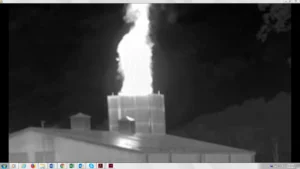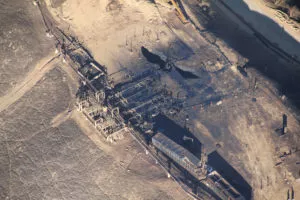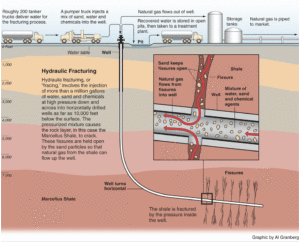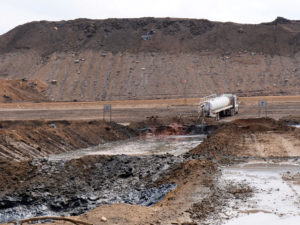The Environmental Protection Agency (EPA) is charged with ensuring the integrity and health of our environment.
But when it comes to regulating oil and gas operations, EPA has in some cases abdicated and in other cases been prevented from fulfilling its responsibility.
EPA does not require the oil and gas industry to report its toxic emissions to the Toxics Release Inventory
The Emergency Planning and Community Right-to-Know Act (EPCRA) was enacted in 1986. EPCRA’s primary purpose is to inform communities and citizens of chemical hazards in their areas. EPCRA Section 313 requires EPA and the States to annually collect data on releases and transfers of certain toxic chemicals from certain industrial facilities. The data are then made available to the public in the Toxics Release Inventory (TRI). The goal of TRI is to empower citizens, through information, to hold companies and local governments accountable in terms of how toxic chemicals are managed. Oil and gas extraction (SIC code 13) is not on the list of industries that have eto report under the TRI. (See page 7 of EPA’s publication The Emergency Planning and Community Right-to-Know Act, Section 313, Release and Other Waste Management Reporting Requirements )
“It’s a Catch-22,” says the remarkably frank Weston Wilson, an environmental engineer with the EPA’s Denver office for the past 32 years. “If the EPA doesn’t study the health impacts, then there’s no proof that there’s anything dangerous happening. It’s irrational and corrupt. We used to investigate mysteries, and now we’re not. It’s sad. It’s kind of like we’re being paid off with our generous salaries. The American public would be shocked if they knew we [at EPA] make six figures and we basically sit around and do nothing.”
—EPA to citizens: “Frack you”, Salon.com by Rebecca Clarren, May 5, 2006
EPA doesn’t regulate drilling or completion fluids under the Safe Drinking Water Act
How much and what drillers inject into or near aquifers should be regulated under the Safe Drinking Water Act.
Unfortunately, thanks to what is now known as the Halliburton loophole passed as part of the 2005 energy bill, hydraulic fracturing fluids are specifically exempted from regulation under the SDWA.
Drilling fluids, produced water, and other wastes associated with the exploration, development, or production of oil and gas are exempt from federal hazardous waste regulations
The Resource Conservation and Recovery Act is supposed to govern hazardous waste. This exemption is in effect even though in the publication Exemption of Oil and Gas Exploration and Production Wastes from Federal Hazardous Waste Regulations EPA admits that “Some exempt E&P wastes might be harmful to human health and the environment, and many non-exempt wastes might not be as harmful.”






